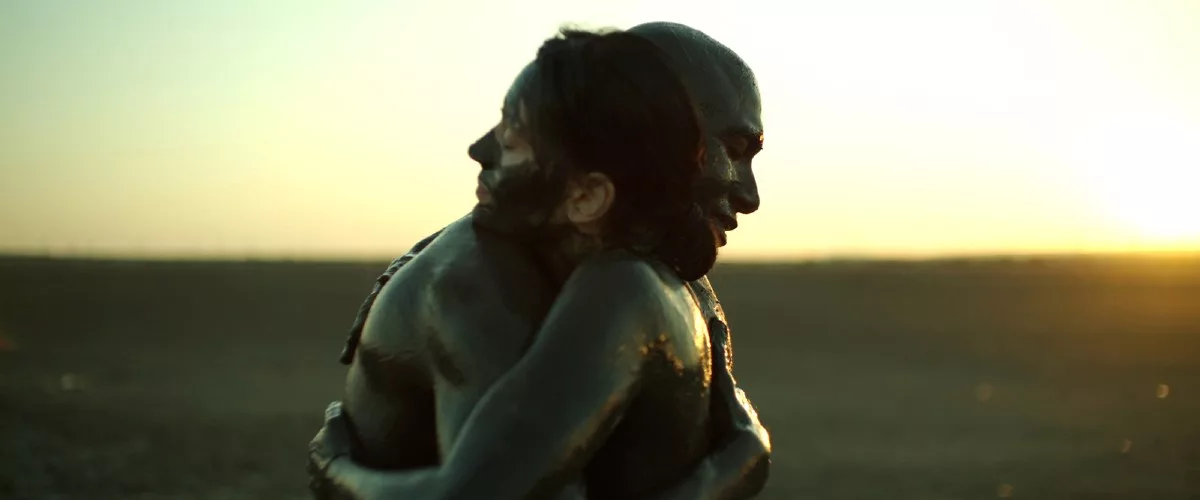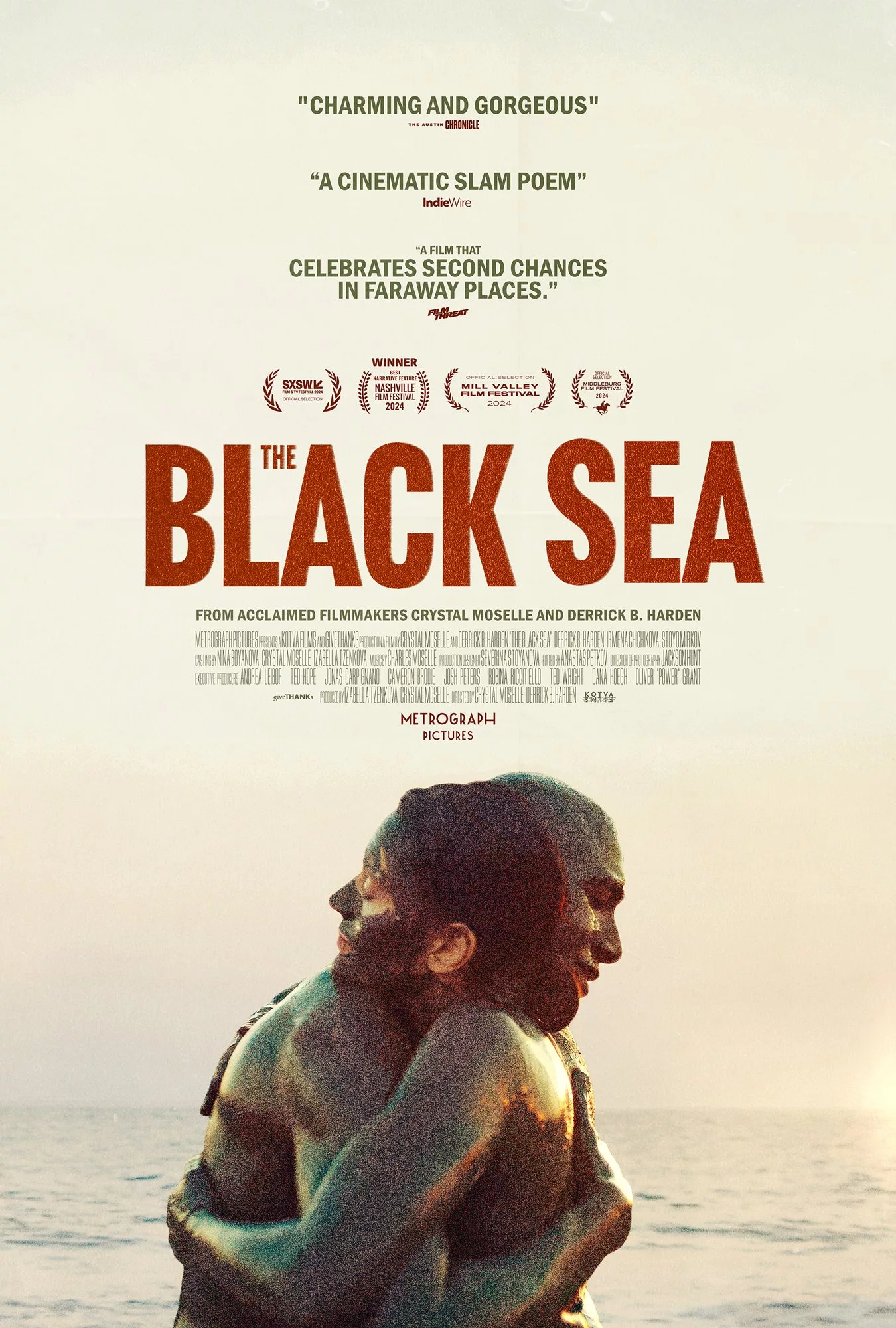In the American fish-out-of-water dramedy “The Black Sea,” an unreliable but likable New Yorker finds himself in Bulgaria. Khalid (Derrick B. Harden) hails from Brooklyn, hoping to return someday, provided he can raise enough money. That’s a tall order at first since he conveniently can’t find or retrieve his passport. For Khalid, Bulgaria’s a strange and exotic land, and its (mostly) polite, but skittish residents quickly remind him that he’s not at home (they don’t seem to get many black tourists). Khalid is also presumed to be a fun-loving mooch until his contrived story needs him to prove his character.
A tepid situation comedy in indie drama drag, “The Black Sea” lacks a sense of urgency beyond a few moments of canned tension between Khalid and Georgi (Stoyo Mirkov), a haughty Bulgarian fisherman. That antagonistic relationship does not come to a head because it’s not really important to Khalid’s story. Instead, we bob along with Khalid as he leaves Brownsville to answer a mysterious offer from Facebook: come to Bulgaria, touch local woman Raya (Krasimira Demirova), and collect $10,000. Khalid eagerly quits his barista job right after he’s chewed out for being late to work (again) by a whiny (and pale) co-worker (Rick Rocha) and flies to meet Raya, who dies right before he arrives.
Now Khalid’s stuck, and oh yeah, nobody at home wants to lend him money since he already owes everyone he talks to. He befriends local travel agent Ina (Irmena Chichikova) and hustles his way from one job opportunity to the next, with some effort but not much difficulty. Not that life needs obstacles to be interesting. It still might’ve been nice if Khalid didn’t waste our time in Bulgaria by drifting from one incident to the next with some dramatic compensation other than sunny and studiously inoffensive vibes.
Like a number of American comedies set in foreign (i.e., non-English language speaking) countries, “The Black Sea” relies on a lot of loaded and mostly unexamined assumptions about living away from home. In the movie, Bulgarians take selfies with Khalid and either flirt or suspect him based on his affable nature and melanated skin. They mostly respond to his up-up-up energy and appear flattered by his interest in them and their country. And that’s about it. Khalid brings a little bit of home to Bulgaria when he opens a café serving matcha green tea and grilled cheese. He also jokes that he now craves matcha since Brooklyn’s been gentrified. That’s not the setup to a joke; that’s the whole gag.
Ina gives Khalid something to drift around, even if their relationship never takes the next step into full-blown romance. There are also a few moments where Georgi and Khalid seem poised to fight each other, especially after it’s revealed that Georgi’s not only Raya’s son but also Ina’s ex-boyfriend. Still, that revelation mostly serves to confirm Bulgaria’s diminutive size. Everybody knows everyone else, making the movie’s stock characterizations and conventional plot much more frustrating. Everybody in this movie behaves in whatever way the latest scene or plot beat requires them to. None of these characters have an inner life or secondary emotions, making it increasingly difficult to care what happens to Khalid or his relationships with Ina, his café, or Bulgaria. And worst of all, the movie’s naturally lit hand-held photography and over-active editing also smother the actors’ performances.
It’s also hard not to wonder about the lack of social commentary in a contemporary comedy where an African-American lead travels to a foreign country because a psychic (Nefiz Mehmed) tells a dying white woman, “You need to find a Black man.” What’s it like being one of only two dark-skinned men in Bulgaria, and what does it mean when Ina clarifies to a fellow Bulgarian that Khalid isn’t a “migrant” worker, he’s a “tourist”? The movie doesn’t really go there, much like it doesn’t do much with Khalid and Ina’s will-they/won’t-they connection. That’s especially disappointing since Chichikova and Harden have a disarmingly easy chemistry.
“The Black Sea” tiptoes around a number of stereotypes while also acknowledging, if only tacitly, that people are always aware of their cultural differences. Somehow, it’s still possible to put aside prejudices and simply deal with the person looking at you, even when you’re in a country that’s unaccustomed to and/or wary of foreigners. Is Bulgaria like that? Is Khalid not like that? There’s only so much one can speculate without filling in gaps that the makers of “The Black Sea” didn’t consider essential. Instead, their feel-good pic coasts from one incident to the next, less concerned with why this story needs telling than in reassuring viewers that no matter what happens next, it’ll probably be fine.




















